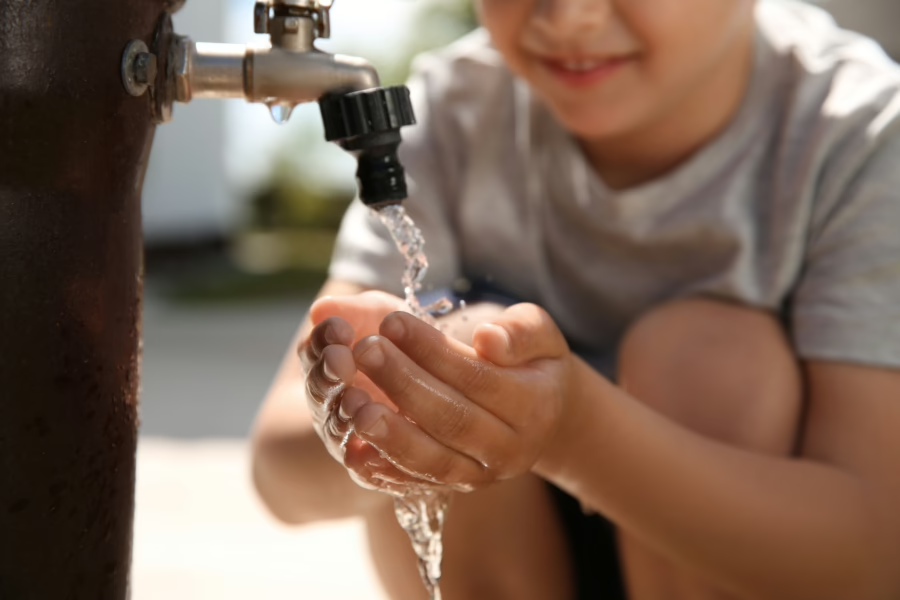Infrastructure remains a top priority for the White House and Congress, and President Biden and Senate leaders are moving closer to introducing a bipartisan package. While President Biden ended negotiations led by Senator Shelley Moore Capito (R-WV) earlier this month, the President held a successful meeting with a bipartisan group of senators about a $953 billion infrastructure package. Following the meeting, Biden announced his support for the proposal, and emphasized that it should be accompanied by a larger package.
Senate Democrats are developing a separate infrastructure package to pass through the reconciliation process. The cost of that proposal is not yet finalized but is slated to include provisions not included in a bipartisan package. However, the proposal still will need to entice moderate Democrats, as passing the bill through reconciliation will require all 50 Democrats to vote in favor of the package.
As high-level infrastructure discussions continue between the White House and the Senate, the House is proceeding on several water infrastructure bills. The House Transportation and Infrastructure Committee passed an amended version of the Water Quality Protection and Job Creation Act of 2021 (H.R. 1915), which was first introduced back in March. The bill passed in a 42 to 25 vote and authorizes $50 billion over five years for wastewater infrastructure projects, including $40 billion for the Clean Water State Revolving Fund. Additionally, the bill calls for $1 billion, also over five years, to address contaminants of emerging concern.
The House Energy and Commerce advanced the Low-Income Water Customer Assistance Programs Act of 2021 (H.R. 3293) to the full House. The bill was introduced last month and establishes permanent programs at the Environmental Protection Agency (EPA) to help low-income households maintain access to clean drinking water and sanitation services. The US Water Alliance is active in the advancement of the bill and joins a broad coalition of support for the legislation. The Committee also advanced the Assistance, Quality and Affordability Act of 2021 (H.R. 3291), which authorizes $4 billion for an emergency relief program and would provide funds to public water systems to enable debt forgiveness for eligible customers.
House Speaker Nancy Pelosi (D-CA) said that the House will not take up the bipartisan infrastructure bill until the Senate passes both the bipartisan package as well as the larger reconciliation bill. But sources indicate that House Democrats are continuing to prepare for future infrastructure legislation and are exploring the development of legislation that combines the INVEST in American Act, which focuses on surface transportation, with three pieces of water legislation referenced above (H.R. 1915, H.R. 3291, and H.R. 3293).
The issue of water affordability, underscored by the pandemic, continues to be top of mind for policymakers and constituents alike. As H.R. 3292 and H.R. 3291 go through the legislative process, the Department of Health and Human Services (HHS) will be administrating the Low-Income Household Water Assistance Program (LIHWAP), which officially launched this month. LIHWAP was established in the 2021 Consolidated Appropriations Act with $638 million in funding. The American Rescue Plan then set aside $500 million more for the program, meaning there will be a total $1.1 billion available through LIWAP. The program provides grants to states, territories, and tribes who in then provide funding to drinking water and wastewater utilities to pass onto low-income customers. This month, HHS announced $166.6 million dedicated to funding administration costs as states start setting up programs to distribute funds.
Looking to the EPA, the agency made a handful of key announcements this month. EPA Administrator Michael Regan announced that the agency will repeal the 2020 Navigable Waters Protection Rule and will craft a more expansive definition to replace the rule. The EPA also signed a final rule to extend the effective date of the Trump administration’s Leader and Copper Rule until December 2021. In the next six months, the EPA plans to conduct roundtables to garner public comment on the rule. Third, the EPA issued a proposed rule to require manufacturers of PFAS to report information on the use of the chemicals including byproducts, environmental and health effects, worker exposure, and disposal.
Finally, the Alliance applauds the confirmation of Radhika Fox, as this month the Senate voted 55-43 to confirm Fox as Assistant Administrator of the EPA for the Office of Water. Every Democrat present voted in favor of Fox, as did seven Republicans. The Alliance looks forward to seeing what is to come from the EPA Office of Water under Assistant Administrator Fox’s leadership.


